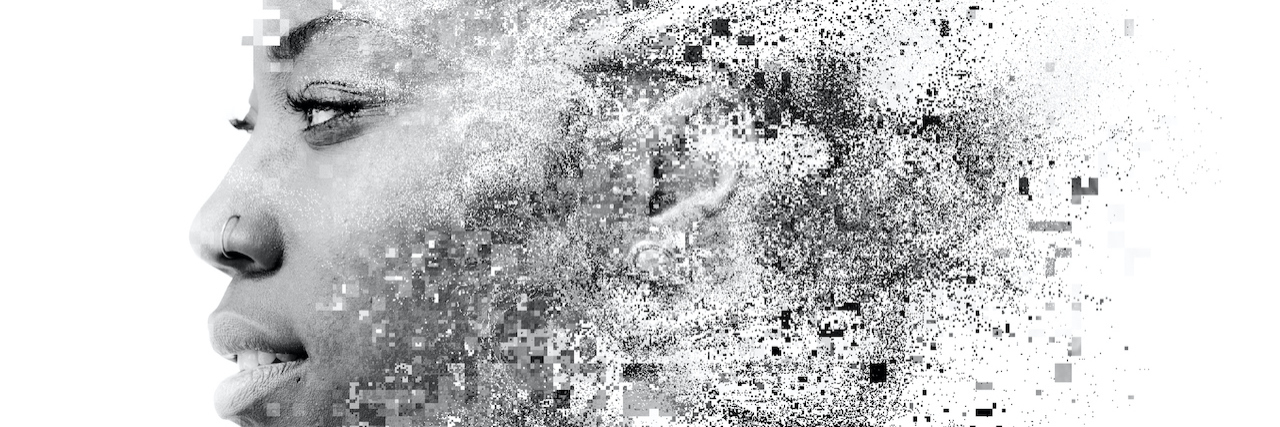It’s no secret that the media has been controversial at best when it comes to how they portray mental illness. From “13 Reasons Why” to more recent and older entertainment, mental illness has been in the media spotlight for a long time—and, unfortunately, often portrayed in negative ways. The depiction of mental illness in films and television shows is often inaccurate, stigmatizing and overall off-putting. This could reduce the chances of audience members from watching instead of them learning some valuable information about mental illness by seeing an honest, sympathetic portrayal of such diseases. Because media is often influenced by what happens around us (and vice versa), it has a wonderful opportunity to educate and build empathy among its audience for the millions of people living with mental illness in the world.
• What is Bipolar disorder?
Portrayals of mental illness has improved over the years as we’ve worked to de-stigmatize and educate ourselves. But there is one aspect of mental illness that the media particularly portrays inaccurately, and harmfully. It isn’t even an illness itself, but a symptom that often gets conflated as its own illness. And that symptom is psychosis.
We’ve all heard of the word “psychosis” before and its variants of “psychotic,” “psychopath,” “psycho” and the like. The horror film “American Psycho” implies that the lead killer is struggling with psychosis with the title of the film itself, and that’s just one of the few types of media that uses psychosis either in its title or as a prescribed medical condition to one of its characters. Nevertheless, most media incorrectly displays or uses incorrect terms for psychosis that is often used out of fear and inadvertently leads to further stigmatization of people experiencing illnesses.
First and foremost, we must dispel the myth that psychosis is an illness the same way that bipolar disorder is an illness. Psychosis is not a mental illness itself, but rather a symptom of a mental health issue. The accurate, medically-sound definition of psychosis describes a state in which a person loses touch with reality. This can take the form of hallucinations (such as hearing voices that others cannot hear), delusions (believing things despite strong evidence to the contrary, such as thinking a friend is trying to poison you), disorganized speech (rapidly switching between topics), and symptoms that are reminiscent of other mental disorders, such as a depressed or anxious mood due to the affect of the psychosis itself.
Another major misconception about psychosis is it only appears in illnesses like schizophrenia, but that is not true. People can experience psychotic episodes in bipolar disorder, unipolar depression and schizoaffective disorder, just to name a few. People can also experience psychosis if they are using drugs or experiencing psychological trauma, sleep deprivation and other causes we may not even be aware of.
But perhaps the most damaging misconception of psychosis is how it is often portrayed as something that makes a person violent. That is not the case. Psychosis does not automatically make you violent. People with psychosis are not more likely to hurt others than people without psychosis. In fact, people with severe mental illnesses (which includes those who experience psychosis) are more likely to be victims of violence than perpetrators. People who experience psychosis are also more likely to attempt suicide, making them a more vulnerable population than those who do not experience psychosis.
People who experience psychosis are not “crazy,” nor are they any different than a person experiencing depression or other illnesses. Psychosis is terrifying and is the sign of a serious mental health issue that needs to be addressed immediately. We shouldn’t make assumptions on how people behave based on what we see on television or what we hear in the news. There’s still a lot to learn about mental illness, and assumptions—especially those that further marginalize those living with mental illness—do more harm than good.
In the United States alone, one in five people lives with a mental illness. It’s very likely you know someone who has a mental illness, and you may even know someone who’s had one or more psychotic episode due to their mental illness. We need to focus our attention on learning about these conditions, getting people help, and—perhaps most importantly—showing compassion.
Getty image by LUMEZIA

